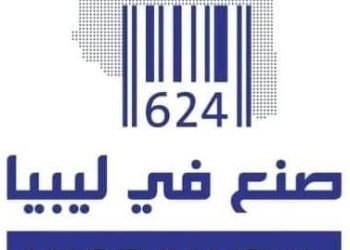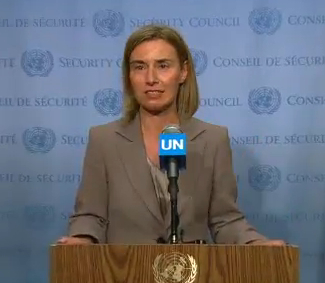By Sami Zaptia.

London, 6 June 2016:
The Tripoli-based Central Bank of Libya (CBL) today revealed that it has provided a total of . . .[restrict]US$ 1.62 bn of hard currency in the way of Letters of Credit (LCs) and Cash Against Documents (CAD). It has facilitated US$ 720 million in LCs and US$ 900 in CADs.
In addition, it revealed that it has provided hard currency for air carriers, medical treatment, education and the transfer of foreign workers’ earnings.
The CBL admitted that the process of opening LCs, CADs and obtaining hard currency at the official exchange rate has been slow as local commercial banks and companies took a while to get used to its newly introduced foreign exchange monitoring system.
With regards to CADs, the CBL reminded importers today that it is extending the period for the import via CADs until 30 June on the condition that final payments are made by 5 July. The CBL had introduced the use of CADs as a temporary measure to mitigate the crises of rising food prices with the fasting month of Ramadan approaching.
It will be recalled that the CBL had introduced a new centralized system to process and monitor requests for foreign exchange in April to counter financial corruption and rationalize its diminishing hard currency reserves.
It will be further recalled that after the arrival of the Faiez Serraj-led Presidential Council/Government of National Accord (PC/GNA) on 30 March, the CBL had held a meeting with the PC/GNA during which it had agreed on a five-point plan of urgent action to rectify the ailing economic situation.
These included a pledge to make available US$ 500 million of CADs available specifically for food imports. CADs enable Libyan importing companies to enjoy credit terms offered by exporters but also make the whole importation process faster.
The CBL today stresses, however, that it expects Libyan importing companies to enforce the strict regulations it had stipulated in January for providing foreign exchange. It will be recalled that the CBL had come in for some criticism for introducing these new strict regulations.
Some business leaders had complained that it wasvirtually impossible to implement them. The CBL had been forced to introduce them in reaction to increasing financial fraud and accusations that it was not doing enough to counter financial fraud.
It will be recalled that the two Tripoli and Beida-based CBLs have attempted to unite and rise above the polarized Libyan politics which is adding to the country’s economic woes in their latest meeting held in Tunis.
Equally, since the signing of the UN-brokered Libyan Political Agreement (LPA) signed in the Moroccan city of Skhirat in December 2015, the PC/GNA becomes the Governor of the CBL.
The official exchange rate for the US$ is 1 to LD 1.37 whereas the black market rate is US$1 to LD 3.90. [/restrict]








